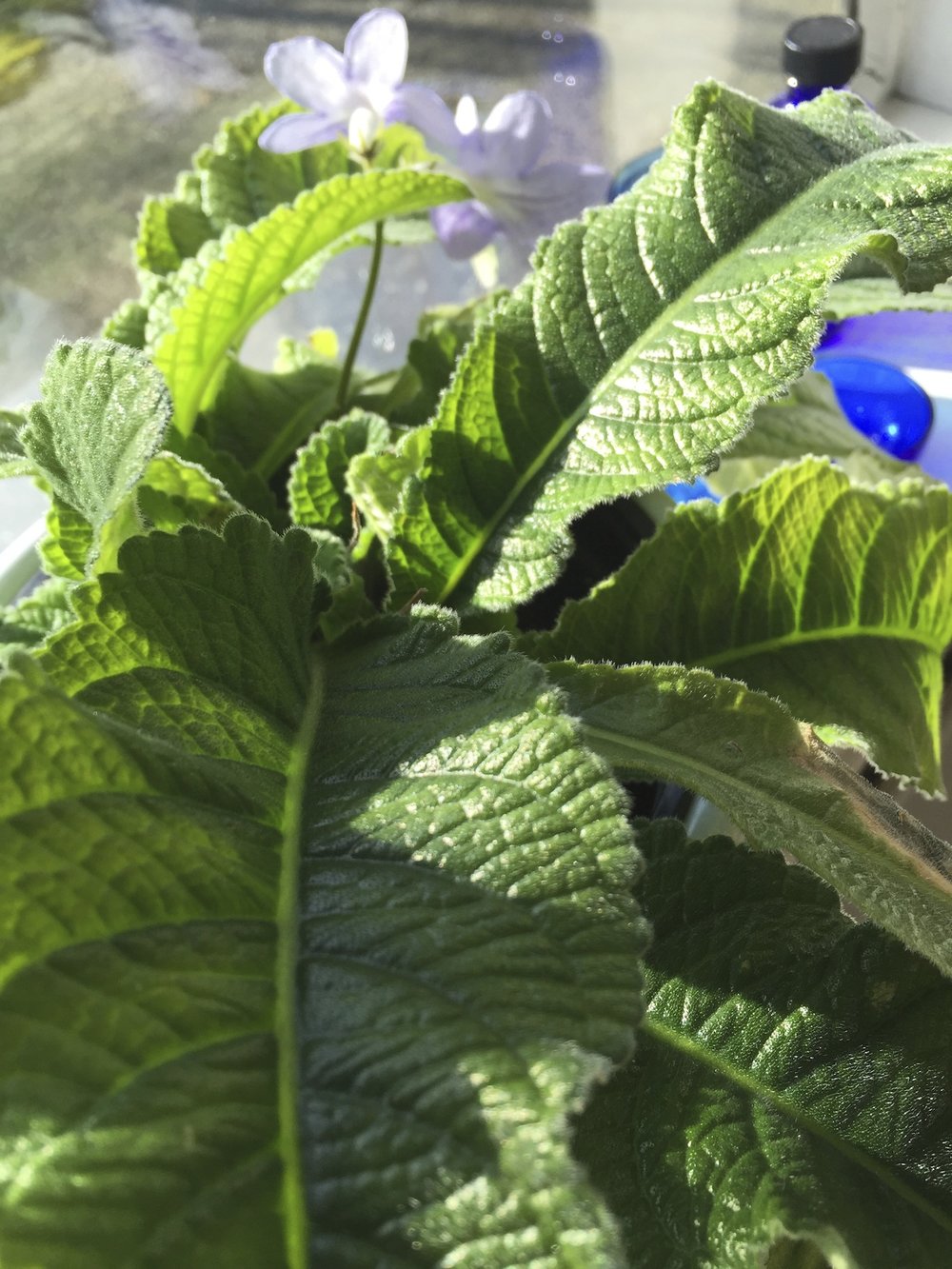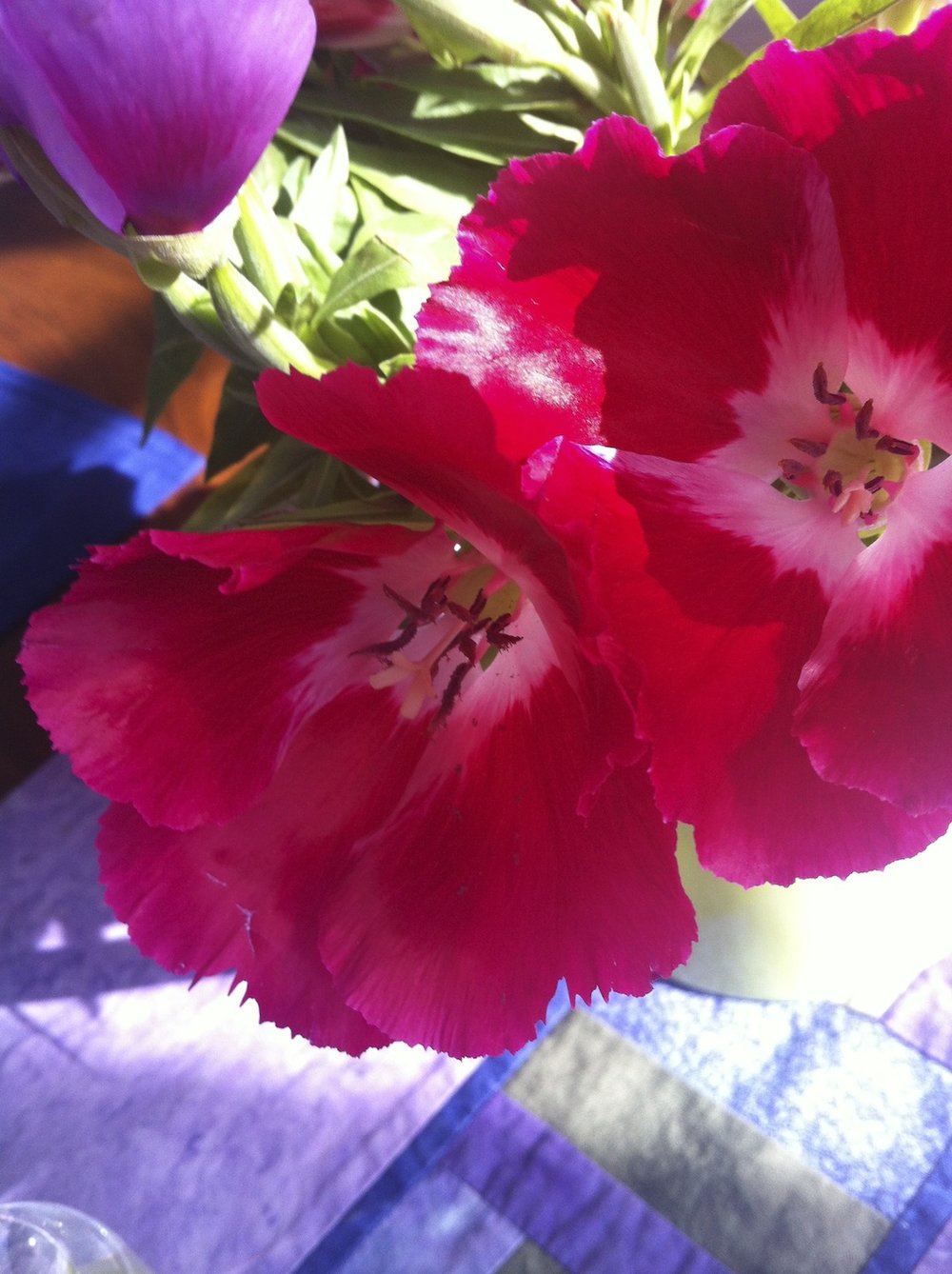
I just returned from the NAPO conference in Los Angeles. Almost 700 professional organizers convened from around the world to attend sessions about building organizing businesses, discovering relevant products and services, and learning new skills or concepts to help our clients. We took copious notes, conversed, laughed, saw old friends, and made new ones.
Joshua Fields Millburn and Ryan Nicodemus, better known as The Minimalists gave the opening keynote session, “The Art of Letting Go.” Their following is far from minimal with over four million readers. Their story is inspiring.
Without going into great detail, because you can read all about them and their journey on their website, I will share my big takeaway. Their story reinforced what I’ve observed for 20+ years working with my organizing clients. While we might want to let go, reduce clutter, and change our lives, until we’re ready to do that, letting go is challenging. The desire to let go might exist, but the motivation to do so doesn’t.
Sometimes it takes conditioning, slowly exercising those letting go muscles to move forward. Sometimes it takes a major life change like divorce, death of a loved one, new job or a move to shift into re-evaluating life and energize the letting go process.
When we’re able to let go and keep only what’s meaningful, beautiful and useful, we create physical and emotional space for what’s truly important. Defining “important” is unique to each of us. As Josh was evaluating and letting go, he’d ask, “Does this thing add value to my life?” Particularly with his sentimental objects, he was able to let go of the majority of them when he realized . . .
“Our memories are not in our things. Our memories are inside us.”
Linda Samuels at NAPO 2015 with Josh Fields Millburn and Ryan Nicodemus
Josh and Ryan’s stories are inspiring because they shared how they shifted from overwhelmed and dissatisfied by their “stuff” to calm, happy, and more fulfilled through the letting go process. They shifted their focus to experiences and relationships instead of things. It was also inspiring how the change in Josh’s attitude and minimalist living style inspired Ryan, his childhood friend, to pursue a similar way of being.
This brings up another interesting point. You never know how many people you’ll inspire in the process of changing and growing.
What have you noticed when someone lets go? I’d love to hear your thoughts. Join the conversation.







